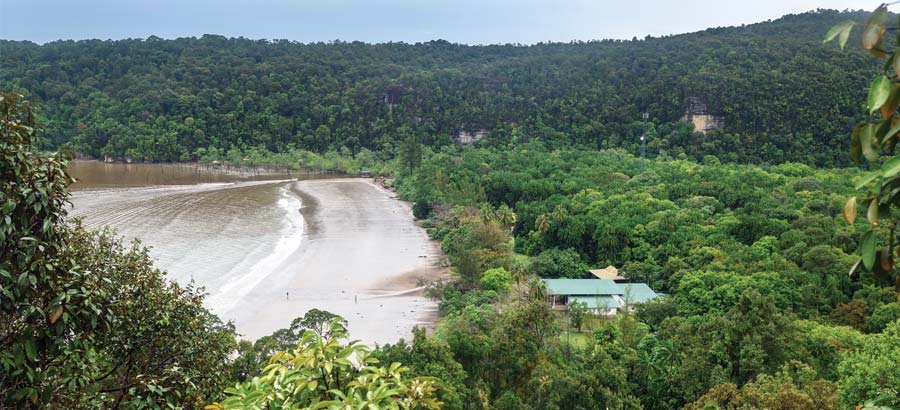Land development for agriculture has been part and parcel of economic growth in Malaysia’s largest state Sarawak, which embarked on this process in the 1970s. The policy is geared toward reducing poverty in rural areas, increasing food production, and generating revenue for the state.
The state government has set aside 3 million ha for agriculture, with 2 million ha of this for oil palm cultivation. As at December 2016, the oil palm planted area was 1,506,769 ha (MPOB data), with the remaining 493,231 ha to be planted by 2020.
Large-scale planting of oil palm in Sarawak only started in the late 1980s, led by commercial companies. The majority of plantations are therefore less than 30 years old, contrasting with states in the peninsula which are marking their centennial of oil palm planting this year.
In 2010, Sarawak’s oil palm acreage stood at 919,418 ha (MPOB). By 2013 the planted area was 1,160,898 ha, rising to 1,263,391 (by 23.5%) in 2014. In 2015, it was 1,439,359 ha (a 25.5% increase) and 1,506,769 ha (up by 4.7%) in 2016.
The slow rate of growth in 2016 reflects the end of commercial planting, as much of the available area has been planted. In 2015, a total of 175,098 ha was planted by smallholders, mainly comprising those exerting Native Customary Rights (NCR) to land.
The Sarawak government has since declared that state land will no longer be opened up for agriculture (The Star, Nov 4, 2016) and that expansion of the oil palm acreage will be done through development of NCR land in collaboration with federal and state ministries, as well as private enterprises.
Sarawak Chief Minister Datuk Amar Abang Johari Tun Openg has maintained the policy articulated by his predecessor, Tan Sri Adenan Satem. It strives to achieve a better future for Sarawak in economic terms, while transforming the state into one that is clean, green and healthy (The New Sarawak Tribune, March 3, 2017).
The economic importance of oil palm to Sarawak’s development is immense. From 2010-15, the industry generated RM1.9 billion in direct sales tax for the state, for use in alleviating poverty and general development purposes.
The industry employs over 103,000 workers in rural communities, while also supporting the growth of the logistics, administrative and banking sectors. This approach fits into the federal government’s Transformation Programme for a higher standard of living and developed nation status by 2020.
Oil palm cultivation in Sarawak closely adheres to standards and good agricultural practices set by the MPOB. Therefore, the palm oil is responsibly produced and traceable. Many estates are working to achieve the Malaysian Sustainable Palm Oil standard, while others are already certified by the Roundtable for Sustainable Palm Oil.
Conservation measures
The state government will continue to consolidate efforts to conserve forests. As Chief Minister, Tan Sri Adenan had stopped issuing timber licences and provisional leases for new plantations, and had been tougher on illegal logging activities.

Datuk Amar Abang Johari has reiterated the stance against new timber licences (The Borneo Post, March 2, 2017), saying that priority will be given to protecting and preserving forests and the environment.
The number of national parks is to be increased so that at least one-tenth of Sarawak’s land mass is totally protected. Such areas have been opened up for research activities, with international participants being invited under the Research for Intensified Management of Bio-rich Areas project launched in 2015 (The Star, Nov 4, 2016).
Meanwhile, WWF-Malaysia is working with the state government to promote a systematic way of identifying priority conservation areas.
The plan will be used to guide conservation and development planning, and will include better understanding of what happens outside protected areas. This is to ensure that the long-term existence and integrity of protected areas are not threatened (The Borneo Post, Aug 11, 2016).